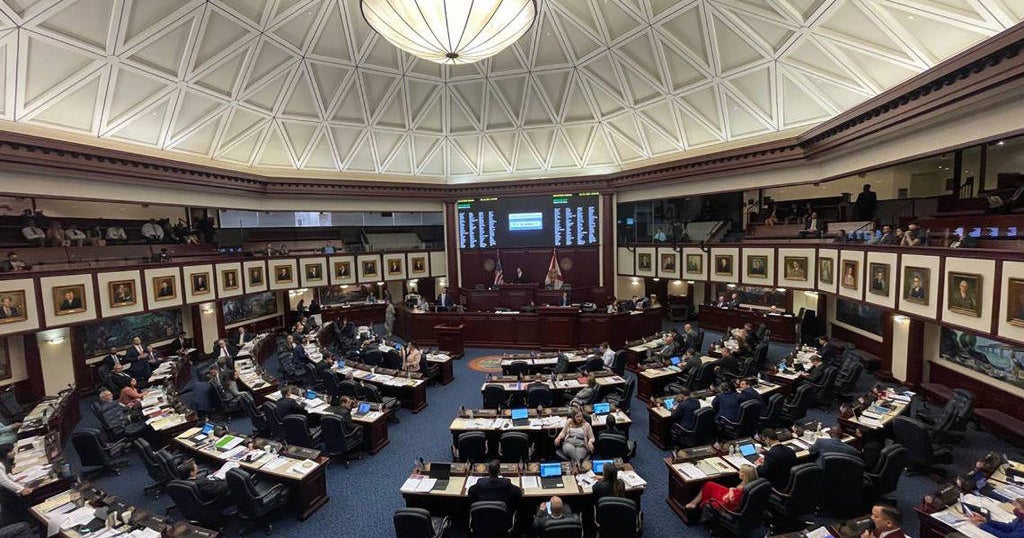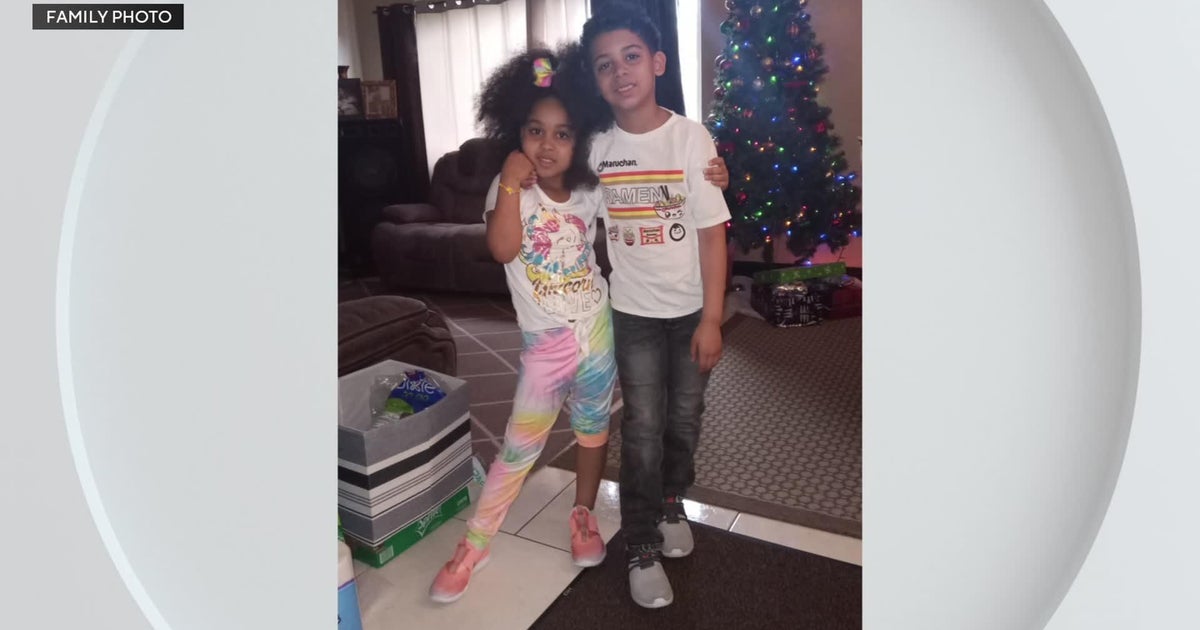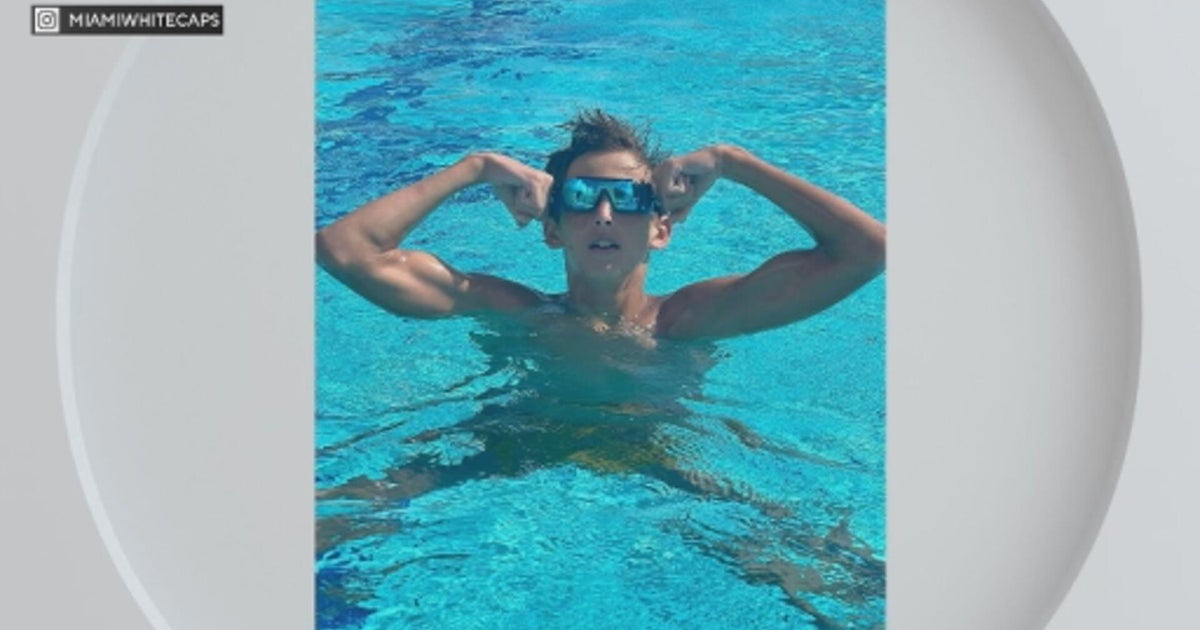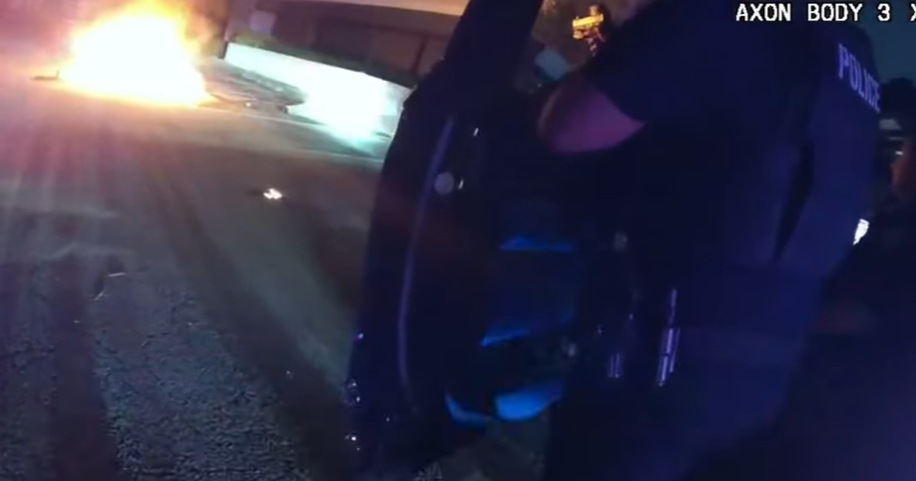Parkland Students Comfort Families Of New Zealand Mosque Shooting
We love you, people wrote to the students in Parkland, Florida. We care about you. You will bounce back from this.
The letters helped the students heal. Now, they want to help families of victims of last week's shootings at two mosques in Christchurch, New Zealand, cope by writing letters to them and community residents.
The letter-writing campaign began Wednesday. It will involve the student body and, possibly, South Florida Muslims, said Kai Koerber, a Stoneman Douglas senior.
The Parkland students grew connected to the Christchurch community when they visited New Zealand last July on a learning and healing trip.
They planted trees in memory of their classmates who were killed on Valentine's Day 2018 and met with members of the Student Volunteer Army -- a movement that started after an earthquake in Christchurch in 2011 -- about sustaining their own youth movement that grew out of the shooting on the Parkland campus.
"We got letters after our tragedy, that was something that really surprised us," said Koerber, who visited Christchurch last year. "It's something that really warmed the hearts of people in my community. I think it will warm the hearts of people in Christchurch as well."
'Parkland stands with you'
According to law enforcement, a self-avowed white supremacist killed 50 people at Al Noor and Lindwood mosques in Christchurch on Friday.
Koerber learned about the shootings from a friend in New Zealand. He learned another friend from the volunteer army knew one of the victims of the shooting.
The senior shared the news in a group chat with fellow students who were on the trip, and they began discussing ways to help the Christchurch community.
"I'm really upset that they have to know firsthand what's it's like to have people senselessly gunned down in their country," Koerber said. "I'm really upset that the proliferation of white supremacist-based violence has reached a place that I thought was almost untouchable as far as gun violence is concerned."
In the letters to the people he met in Christchurch, Koerber said, he will write in "big, voluminous detail about how I care about them, and how much I know they're going to bounce back because I know who they are."
In his letters to strangers, he'll tell them: "Parkland stands with you. We have been there."
Unfamiliar with gun violence
The students from Parkland quickly realized how unfamiliar their New Zealand counterparts were with gun violence.
According to figures from the University of Sydney, New Zealand had 0.17 gun-related homicides per 100,000 people in 2015. In contrast, the United States had 11 deaths per 100,000 people that year, according to a report from the US Centers for Disease Control and Prevention.
"For a lot of us, we were very surprised at how dichotomous that relationship was in that respect," Koerber said.
Emily Wolfman, a junior at Stoneman Douglas, recalled how one student in New Zealand who attended a panel discussion with students from Parkland struggled to understand what they were going through.
"The student was genuinely apologizing to us because he didn't know how to empathize with us," Emily said.
The 17-year-old said she understood the difficultly the student was having relating to the gun violence.
"It's hard. No one tells you how to deal with something like this," she said.
Until Friday's shooting, the deadliest massacre in the country's history happened 30 years ago when a man killed 13 people.
Immediately after the recent shootings, Prime Minister Jacinda Ardern vowed to reform the country's gun laws.
"Our gun laws will change," she said.
Koerber said he believes it is easier for a smaller country like New Zealand to come to quick solutions.
"The stagnation of the American legislative process and political process is due to the absolute magnitude and size of our country," he said, regarding gun control.
He added: "Gun violence in this country is being overseen by companies that are not thinking morally, but thinking fiscally."
Sustaining a movement
Since the shooting, Parkland students have made it their mission to advocate for gun control. They adopted the rallying cry "#NeverAgain," and a nascent movement was born.
They have lobbied Florida lawmakers and led a historic march for gun control, what they called a "March for Our Lives."
Weeks after the 2011 earthquake, the SVA was moved to similar action.
The club says it dispatched more than 13,000 volunteers to help with cleanup after the quake. Over time, the organization has moved from largely disaster response to community engagement. Students who were children during the earthquake now run the club.
The group is also behind a larger initiative to get New Zealanders to do community service around Anzac Day, the country's memorial day for veterans, the group said.
Josh Blackmore, president of SVA, told Morning Report that sustaining the momentum over time is a challenge.
"It's always incredible for us to talk to other student movements that have been born from tragedy in other places of the world," he said before the Parkland students visited.
Koerber said he and other students wanted to "figure out how we can get people to be consistently enthused in our cause." They compared notes, and discovered they needed to be organized and have the passion to sustain a movement.
"Being that their problem was the earthquake and ours was gun violence, we found a common ground," he said. "Either way, it still affected people in a negative way."
The groups created a guide for starting and sustaining a youth movement.
A flood of emotions again
For Emily, the shootings in Christchurch triggered a flood of memories.
"Everyone was really emotional. It was really hard because we all thought we had healed," she said of fellow students, including those who went to New Zealand.
For the first time in about a month, she was emotional again.
After the shooting, she sensed the mood was different when she walked into the class of one of the chaperones of the New Zealand trip.
"You could just tell how upset and distraught everyone was by it," she said.
"We went to New Zealand in order to look at a completely different culture," Emily said. "And, suddenly, that culture is the same thing as ours."
The-CNN-Wire
™ & © 2019 Cable News Network, Inc., a Time Warner Company. All rights reserved.



